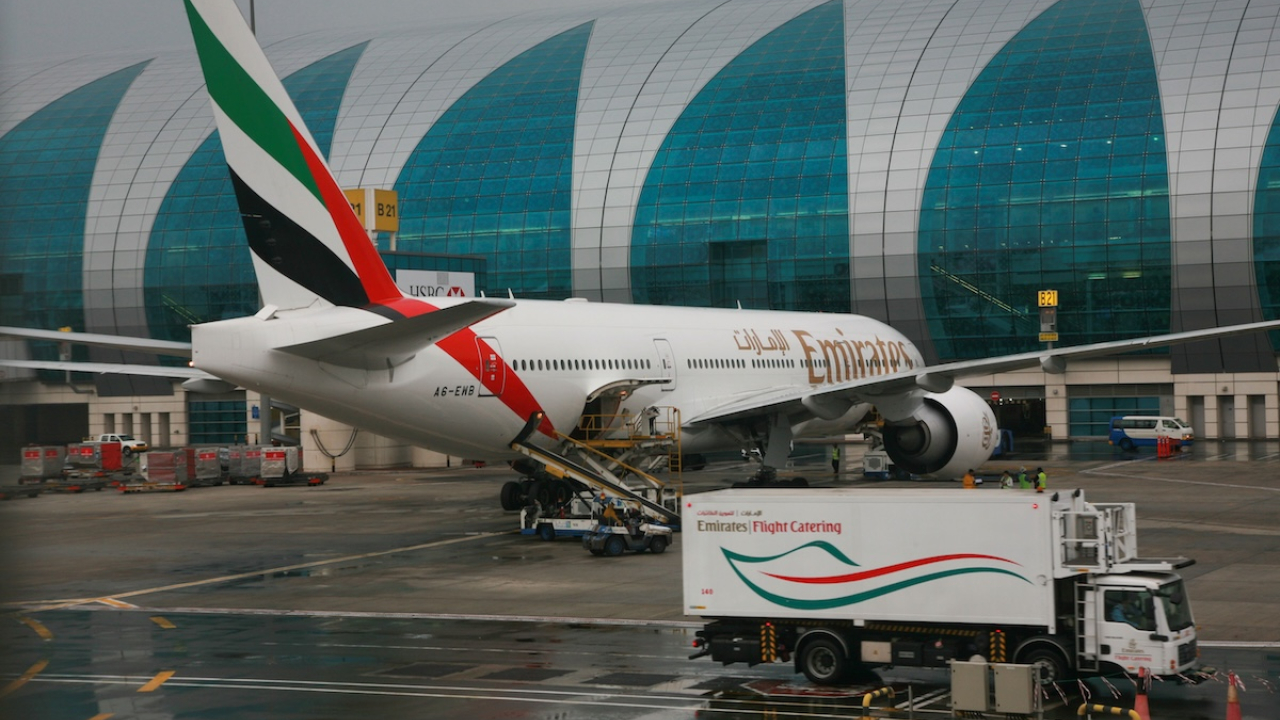IATA WSOC: Airline leaders highlight transformative role of technology
During the IATA World Safety and Operations Conference (WSOC) a panel of airline leaders explored the transformative impact of technology on the aviation industry in recent decades.

IATA Director General Willie Walsh. Image: IATA
With a focus on enhancing safety, efficiency, and sustainability, the conversation underscored the pivotal role technology has played—and will continue to play—in shaping the future of air travel.
IATA Director General Willie Walsh opened the panel by reflecting on the remarkable advancements in the aviation sector during his career.
"Incredible, the improvement, the enhancements I've witnessed in the 45 years that I've been in this industry," said Walsh. "All of those enhancements and leveraging the technology that is available to us have significantly contributed to an industry that is much safer, much more efficient. When you think of the changes, technology has transformed aviation, making it more sustainable, safer, and more available for everyone."
Walsh emphasised how technological evolution has been essential to the industry's current status as a global economic force and highlighted its ongoing potential to drive sustainability and safety improvements.
Future of pilot training
Marc Parent, CEO of CAE, stressed the critical role technology plays in addressing one of the industry's most pressing challenges: the training and development of pilots. With the demand for new pilots skyrocketing, traditional training methods are proving insufficient.
"Technology is critical for us at CAE. We train 1.5 million training hours a year," said Parent. "We have the lion’s share of the simulators out there for airlines, business aircraft, and military as well.”
Referencing the CAE’s projections that some 300,000 new pilots will be needed over the next decade, he explained, “half of those haven’t even started their training." Emerging technologies like AI and simulators are essential for making training more efficient and personalised. "We can’t rely on the same models," Parent noted, underlining the need for innovation to give trainee pilots the necessary experience and skills in a shorter time frame while maintaining safety and quality.
AI-efficincies at Ethiopian Airlines and Royal Air Maroc
Ethiopian Airlines CEO, Mesfin Tasew, highlighted his airline’s successful integration of AI into various facets of its operations, including revenue management, aircraft maintenance, and customer interaction.
"We strongly believe that for an airline to be successful, it has to continuously adapt and adopt new technologies that enhance efficiency and bring cost reduction," said Mesfin. "One of the areas we’ve seen huge benefits from with AI in our revenue management systems, but AI also supports aircraft maintenance, passenger services, weather forecasting, and training."
He added that AI is not just a tool for automation but a key enabler for optimising operations across the board, ultimately boosting efficiency and reducing costs.
Abdelhamid Addou, CEO of Royal Air Maroc, echoed the sentiment, sharing how AI has been central to enhancing the airline’s operations, particularly in route planning and flight efficiency.
"Integrated AI in our fuel efficiency program allowed us to reduce carbon emissions by 20%," Addou said. "Pre-flight preparation can now be done on the spot during the flight to optimise the flight route, making operations more efficient and sustainable."
These AI-driven efficiencies, he said, are vital in reducing both costs and environmental impact—two primary challenges in today’s aviation landscape.
Cybersecurity: A Non-Negotiable Priority
As the industry continues to embrace advanced technologies, the panel also discussed the growing importance of cybersecurity. The leaders agreed that the increasing complexity of cyber threats necessitates significant investment in protective measures.
"Cybersecurity is non-negotiable," stated Parent. "Without it, airlines wouldn’t be flying. Everything has to be cyber-secure."
Addou noted the increasing complexity of cybersecurity risks, pointing out that it is becoming a critical investment area for airlines. "AI tools are being used across the airline, and you need to protect them," he said, highlighting the industry's focus on protecting its digital infrastructure from potential attacks.
Leveraging technology for sustainability
The panel concluded with a discussion on the role of technology in helping aviation achieve its net-zero emissions goal by 2050. Walsh underscored the importance of sustainable aviation fuel (SAF) and other technologies in reducing the industry’s carbon footprint.
"We have put a huge emphasis on SAF because it will be integral to achieving our goals," Walsh said. "But technology will also play a key part. Meteorological forecasting is also crucial. We need to leverage every opportunity to achieve our target."
Addou mentioned that while next-generation propulsion technologies may be 20 years away, digitisation and technological innovations will play a significant role in enhancing efficiency and helping the industry meet its sustainability targets.
Mesfin agreed, adding that reducing noise pollution and carbon emissions should be key focus areas. He noted that while electric propulsion and SAF are part of the solution, technology across the board will be critical in driving sustainability.
Human innovation
While technology is a powerful tool, Parent reminded the audience that human innovation is ultimately the driving force behind these advancements.
"We can’t underestimate the power of human innovation when confronted with real existential challenges," he said. "Technology will be there, and it’s already helping, but it will never replace the human element. We need to embrace these new and emerging technologies while maintaining a human touch."
The panel ended on a note of optimism, highlighting the aviation industry’s history of resilience and adaptation in the face of challenges, with technology continuing to be a catalyst for future growth and sustainability.
Stay up to date
Subscribe to the free Times Aerospace newsletter and receive the latest content every week. We'll never share your email address.


